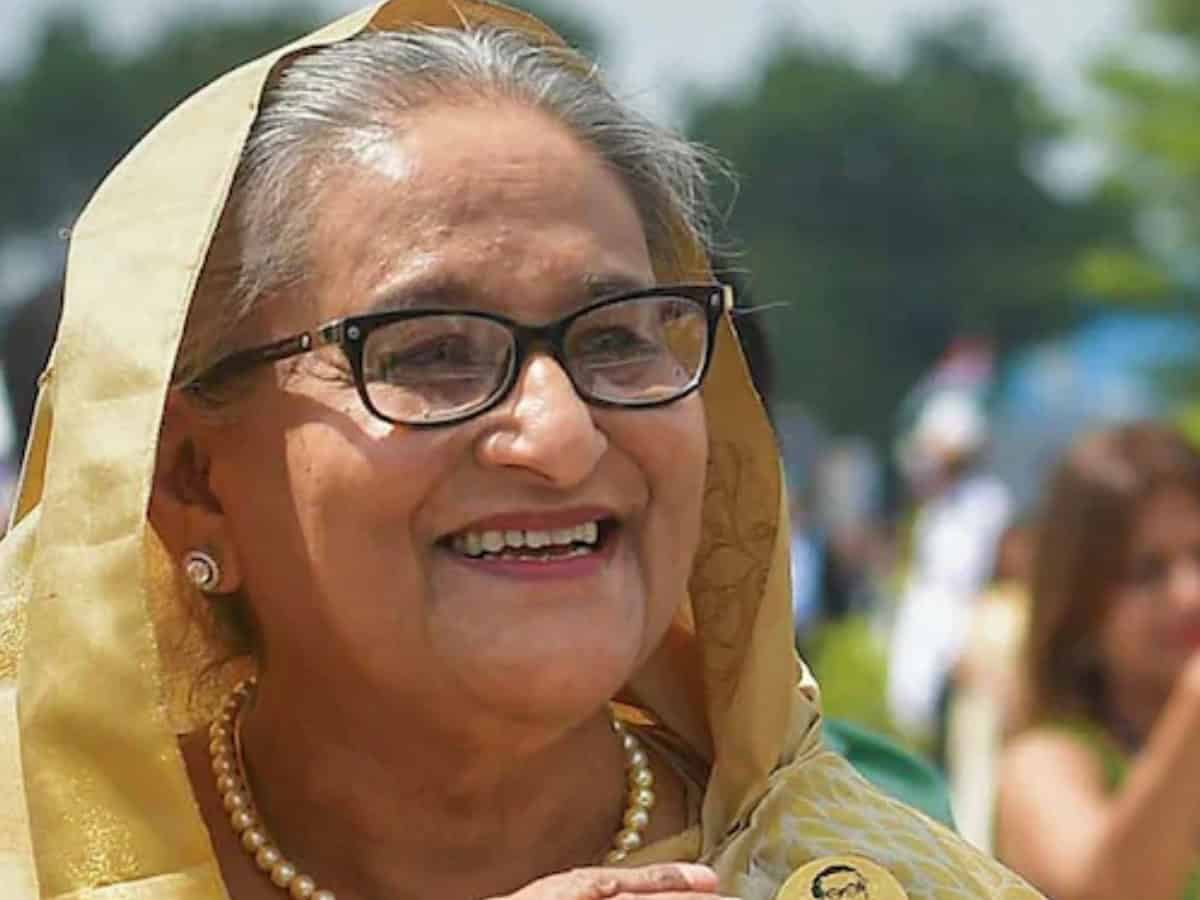
Dhaka: Bangladesh’s interim government has revoked ousted prime minister Sheikh Hasina’s diplomatic passport along with all members of the former Cabinet, over two weeks after she resigned and fled to India following a student-led uprising against her government.
A statement by the Security Services Division of the Home Affairs Ministry on Thursday said diplomatic passports received by the former prime minister, ex-PM’s advisors, ex-cabinet members and all members of the recently dissolved Jatiya Sangsad (Parliament) and their spouses would be revoked immediately, the official BSS news agency reported.
President Mohammed Shahabuddin in August dissolved the 12th Parliament after Hasina, 76, fled the country. Currently, an interim government led by Nobel Peace laureate Muhammad Yunus is running the country.
Diplomatic passports of the officials would also be revoked immediately upon termination of their tenure or appointment, it said.
The release said ordinary passports may be issued in their favour based on the reports of at least two investigating agencies, it added.
Hasina fled to India after being forced to resign in the face of a student-led mass uprising on August 5.
According to the Indian visa policy, Bangladeshi citizens holding diplomatic or official passports are eligible for visa-free entry and a stay of up to 45 days, The Daily Star newspaper said.
As of Thursday, Hasina has already spent 18 days in India.
Hasina does not hold any passport other than the diplomatic passport issued in her name, the paper said quoting government sources.
The cancellation of her diplomatic passport and its associated visa privileges may put her at risk of extradition.
The extradition of Hasina, who is facing 51 cases, including 42 for murder, falls within the legal framework of the extradition treaty signed between Bangladesh and India, the BSS report said.
According to the treaty signed in 2013 and amended in 2016, “extradition may be refused if the offence for which it is requested is an offence of a political character.”
It also says that certain offences — like murder — “shall not be regarded as offences of a political character” for the purposes of the treaty.
However, one of the grounds for refusal of extradition is if the charges being pressed have not been “made in good faith, in the interest of justice”, the report said.
